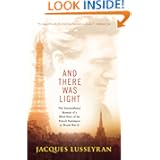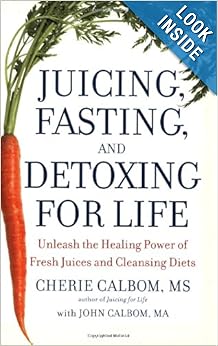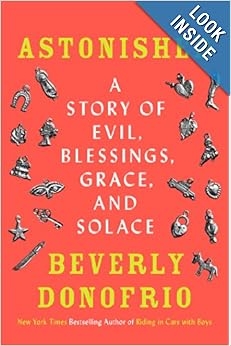And there was Light
Jacques Lusseyran
New World Library
ISBN 978-60868-269-0
Some books should not be read with other books. Or the other book will not compare favorably. Some books remind the reader of why books are read in the first place - because they open the eyes and heart to new worlds that the reader had never dreamed of. Some books remove the cap from our head, and open the top of our skulls. “And There was Light” is such a book -- at least in the first section. But for some, it might be the second section. It depends.
This is because “And There was Light” is divided into three sections. This is a subtle division, of course, because one’s life is generally not laid out in clearly demarcated lines. But the autobiographical relating of Jacques Lusseyran’s life does fall neatly into three sections.
The first is about his blindness, the second about his work in the Resistance, the third about his time in a prison camp and release. A book with three such disparate sections will elicit different reactions depending on the writer’s heart and interests. The first, about the author’s blindness and subsequent discovery of a different way of seeing, is spiritual, philosophical, almost rhapsodic in its depiction of the greater inner light that guided him and helped him to see. The almost mystical feel of the narrative would affirm truth to those who are acquainted with the magical in life. It is energizing, amazing, spiritual truth, yet to the more rigid-minded whose ideas of life are rooted in mundane ideas of how the world “really operates” this section might seem poetic at best and deluded at worst.
The second section -- that in which Lusseyran describes the work of the Resistance and his part in it-- reads at first like a story about young boys pretending to be important. This is true especially if the reader does not understand the work of the French Resistance during the Nazi Occupation. But as one reads -- and puts aside the idea that these young teenagers are merely playing at war-- one sees the importance of the work they carried out. Those who live in countries which have never known life under the occupation of a foreign power will begin to understand the great work of the French Resistance. Lovers of war history will like this and the last section although some readers may be hard put to make it through the first section.
The third section details the author’s imprisonment. Throughout the book, the author is of course blind. But he is not imprisoned by his blindness. His blindness does not shrink his life or impinge on him but turns out to be freeing. Still there were moments when blindness affected his optimism. The first was when the fascist Vichy government declared that blind people could not teach. The second was when he was imprisoned. But none of these challenges affected Lusseyran’s natural optimism, an optimism which was based on his trust in God’s love and pity.
One of the most harrowing experiences in the book concerns the author’s meeting with a blind despondent child whose parents had not understood the different way of “seeing” and had effectively shut down the emergence of the child’s other senses. Seeing the child, Lusseyran is horrified at what his own life had been if his parents had not challenged the accepted norms of educating the blind or the accepted human idea of physical reality.
Spiritual books open the world of spirit to those who are willing to see it. The world of spirit is readily understood by those whose minds are rooted in the earthly way of seeing. When Lusseyran speaks of living light, or the morality of sound, some Christians and New Agers may understand. Those who understand Quantum Physics might understand. But others might be skeptical, confused, or dumfounded. No matter. Lovers of memoir will find the entire narrative majestic and heroic. The author speaks of the great things he did and yet the story is humble. The humility stems from his love of God, his adoration of his parents, and his admiration of his friends. The memoir has the feel of a classic, which it is ...being named as one of the top 100 Christian books of the 20th century. Powerful insightful commentary and insights stream across the narrative beautifully, effortlessly, and casually. Yet the verbal stylings are so joyful and rhapsodic that they echo older classic writings.
This book is highly recommended, especially for those who feel they need the need to have their mind renewed, to those who work with or are disabled, to those with a spiritual bent, and to history buffs.















